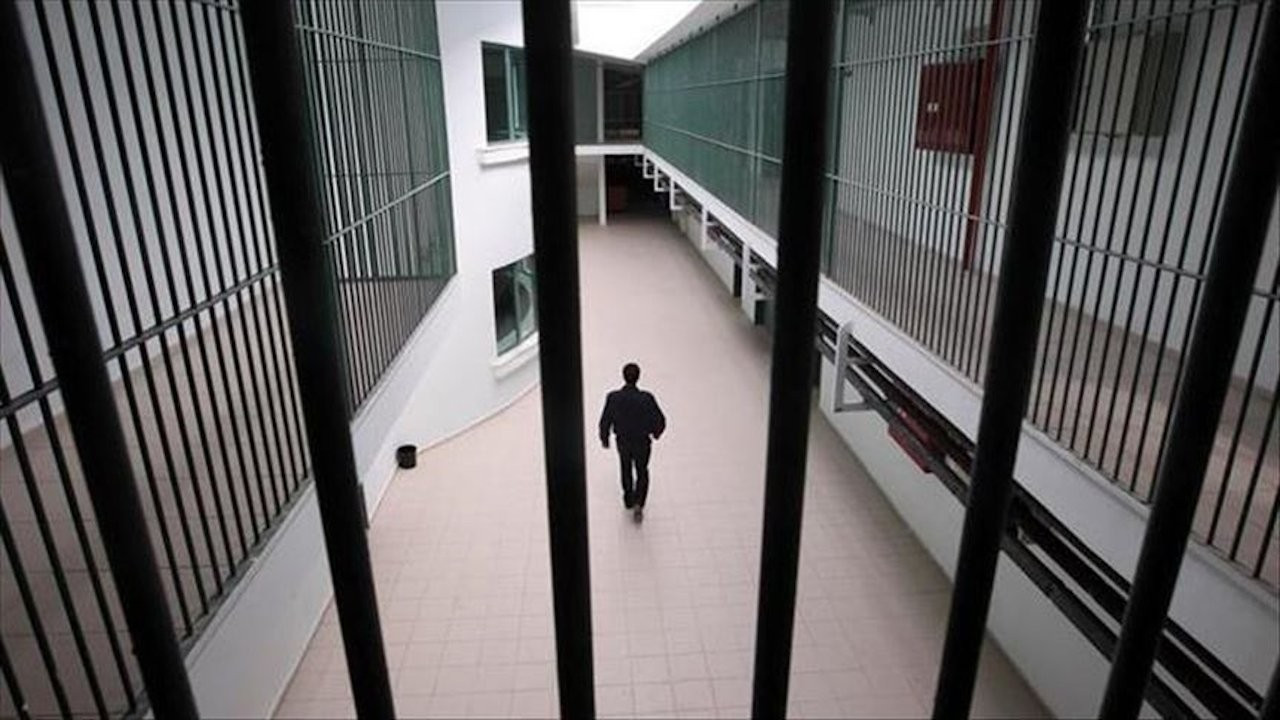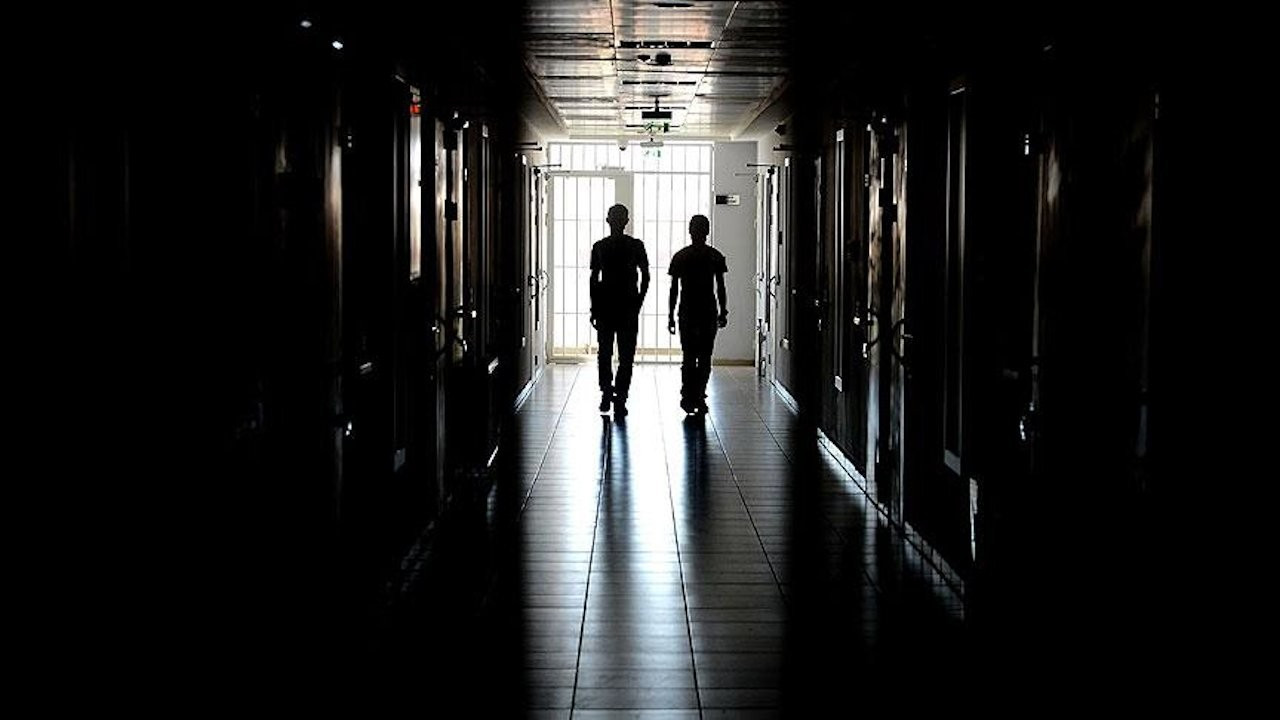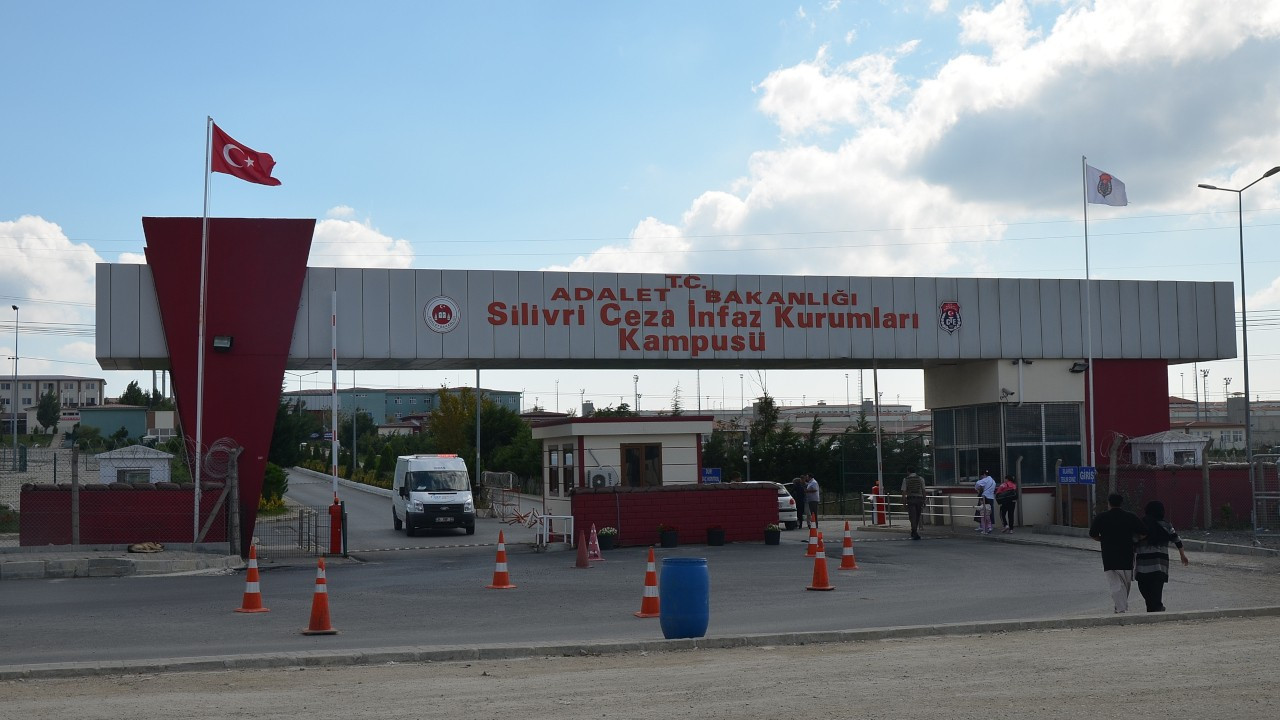Water quotas imposed, clothes confiscated from Turkish prisoners during pandemic
According to a letter written by Güven Usta, held at İzmir F-Type Prison No. 1, prisoners there were subjected to a range of human rights violations during the coronavirus pandemic. Prison authorities imposed water restrictions and did not allow prisoners to receive items and clothes from their relatives.
Duvar English
In a letter written to daily Cumhuriyet, prisoner Güven Usta at İzmir F-Type Prison No. 1 said that he and his fellow prisoners were subjected to extensive human rights abuses over the course of the coronavirus pandemic. Even though washing can help reduce the spread of the virus, they were subjected to water quotas and told they could not receive clothes and items from family members. They had to buy them from the canteen, enabling the prison to make a profit.
Usta described this treatment as a violation of the prisoners’ most basic of rights, as well as a health risk during the pandemic.
“Putting a quota on the water in pandemic conditions leads to an increase in disease,” he said. “Hot water is always problematic, it doesn’t function well normally. Despite this, a quota has been set for hot water, as well.”
Prisons have been hotbeds for the spread of coronavirus. With unhygienic, overcrowded conditions, many prisoners have died from the virus, and many have gone on hunger strikes to protest the conditions. In April 2020, President Recep Tayyip Erdoğan passed a law allegedly aimed at easing prison crowding - 78,000 prisoners were released early. However, those imprisoned on political charges were barred from early release.
The quotas Usta described plagued prisoners over the course of the pandemic. In addition to water quotas, prisoners were also barred from receiving items such as underwear, socks, and towels from their families. Instead, they had to buy low-quality items from the prison store at an exorbitant cost. The prisoners have no source of income but are still forced to pay for the items. Further, the store lacked many sizes and options - many of the prisoners could not find something that fit.
It’s clear, implied Usta, that authorities are trying to extract profit from these prisoners.
“When you consider that prisoners do not have any financial income, it’s clear what kind of immorality is causing authorities to ban families from bringing in cloth,” said Usta.
When one prisoner complained about the ban, according to Usta, the request to allow in outside items was immediately rejected by a judge in İzmir. Profits from the prison store go directly to prison authorities.
The prison prosecutor who oversaw the case, said Usta, acted directly in tandem with prison authorities. The more they resisted the decision, the more they were punished and the more items they were banned from having, even if they were sold in the canteen.
“They prohibit hooded sweaters, electric tuners, medicine, and musical instruments. When we resist, they commit a crime against us by not giving us tape, pins, safety pins, or shoe polish, even though they are all sold in the canteen,” Usta said, “Craft materials are also limited […] It is clear that the prison administration wants to prevent us from producing.”

 Turkish prison authorities pressure inmates to join Islamic activitiesHuman Rights
Turkish prison authorities pressure inmates to join Islamic activitiesHuman Rights Sounds of protests fill Edirne Prison amid limitations on meeting lawyers, familiesHuman Rights
Sounds of protests fill Edirne Prison amid limitations on meeting lawyers, familiesHuman Rights Inmates complain about lack of access to healthcare in Turkish prisonHuman Rights
Inmates complain about lack of access to healthcare in Turkish prisonHuman Rights